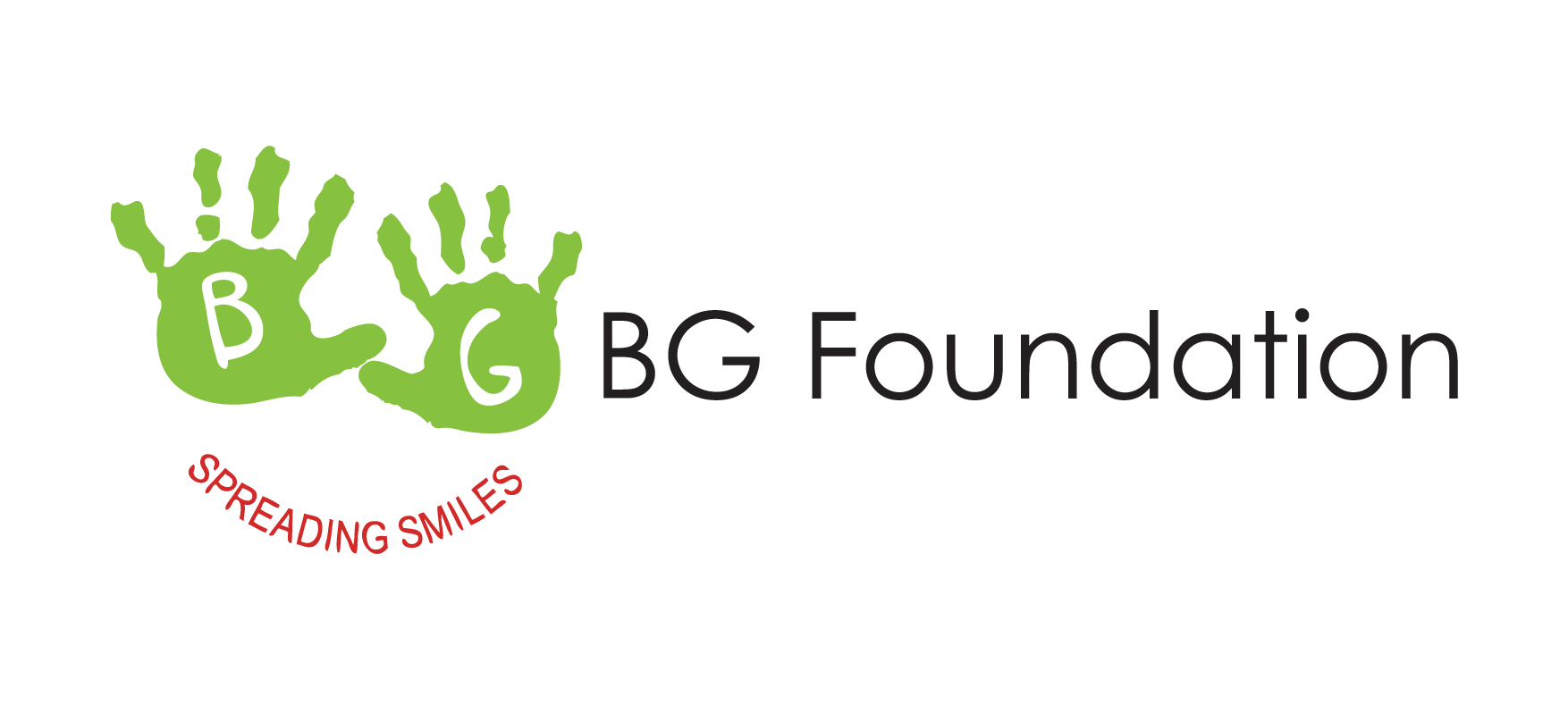
Social justice is a concept that encompasses the fair and equitable distribution of resources, opportunities, and privileges in society. It is about ensuring that every individual has equal access to basic needs, such as education, healthcare, and employment, regardless of their background or circumstances. Education plays a crucial role in promoting social justice as it provides individuals with the knowledge, skills, and opportunities they need to succeed in life.
Education is not just about acquiring knowledge; it is also about empowering individuals to challenge social inequalities and advocate for change. By providing equal access to quality education, we can break down barriers and create a more inclusive society. Education equips individuals with the tools they need to overcome adversity, challenge discrimination, and contribute positively to their communities.
The Challenges Faced by Underprivileged Youth in Education
Underprivileged youth face numerous barriers in accessing quality education. Poverty is one of the main obstacles that these young people face. Many come from low-income families that struggle to provide them with the necessary resources for their education. They may lack access to books, technology, and other learning materials that are essential for academic success.
Discrimination is another significant challenge faced by underprivileged youth. Students from marginalized communities often face prejudice and bias from their peers and teachers, which can negatively impact their educational experience. Additionally, systemic inequalities within the education system can perpetuate these disparities, making it even more difficult for underprivileged youth to succeed.
The Importance of Access to Quality Education for All

Access to quality education is not just a privilege; it is a fundamental human right. The Universal Declaration of Human Rights recognizes education as a basic right for all individuals. It is through education that individuals can develop their full potential and contribute meaningfully to society.
Quality education has numerous benefits for individuals and society as a whole. It promotes economic growth by equipping individuals with the skills and knowledge they need to secure employment and contribute to the workforce. Education also plays a crucial role in reducing poverty by providing individuals with the tools they need to improve their economic circumstances. Furthermore, education has a positive impact on health outcomes, as it promotes awareness of healthy behaviors and provides individuals with the knowledge to make informed decisions about their well-being.
The Role of Teachers in Promoting Social Justice Through Education
Teachers play a vital role in promoting social justice through education. They have the power to shape students’ perspectives, challenge stereotypes, and create inclusive and equitable learning environments. Teachers can foster empathy, understanding, and respect among their students by incorporating diverse perspectives and experiences into their curriculum.
Inclusive teaching practices are essential for promoting social justice in the classroom. Teachers should strive to create an environment where every student feels valued and respected, regardless of their background or circumstances. This can be achieved by incorporating diverse literature, engaging in discussions about social issues, and providing opportunities for students to share their own experiences.
The Benefits of Education in Breaking the Cycle of Poverty

Education is a powerful tool for breaking the cycle of poverty. It provides individuals with the knowledge and skills they need to secure stable employment and improve their economic circumstances. By acquiring an education, individuals can increase their earning potential and escape the cycle of poverty that may have plagued their families for generations.
Education also promotes social mobility by providing individuals with opportunities for upward mobility. It allows individuals from disadvantaged backgrounds to overcome barriers and achieve success based on their merit rather than their social status or background. By breaking down barriers to education, we can create a more equitable society where everyone has an equal chance to succeed.
Addressing Systemic Inequalities in the Education System
Systemic inequalities within the education system contribute to the disparities faced by underprivileged youth. These inequalities are often rooted in historical and structural factors that perpetuate disadvantage and discrimination. To address these inequalities, policy changes are needed at both the systemic and individual levels.
At the systemic level, policymakers must prioritize equity in education funding and resource allocation. This includes ensuring that schools in low-income communities have access to the same quality of resources and opportunities as schools in more affluent areas. Additionally, policies should be implemented to address discrimination and bias within the education system, such as training programs for teachers and administrators on cultural competency and inclusive teaching practices.
The Role of Technology in Providing Equal Access to Education
Technology plays a crucial role in providing equal access to education. Online learning platforms and digital resources have the potential to reach students who may not have access to traditional educational opportunities. Technology can bridge the gap between underprivileged youth and quality education by providing them with the tools they need to learn and succeed.
Online learning platforms offer flexibility and convenience, allowing students to learn at their own pace and from any location. This is particularly beneficial for students who may face barriers such as transportation or childcare responsibilities. Additionally, digital resources can provide access to educational materials that may not be available in traditional classrooms, expanding learning opportunities for underprivileged youth.
Strategies for Empowering Underprivileged Youth Through Education
Empowering underprivileged youth through education requires a multi-faceted approach. Mentorship programs can play a crucial role in providing guidance and support to these young people. Mentors can serve as positive role models, offering advice, encouragement, and guidance on navigating the challenges they may face.
Community involvement is also essential in empowering underprivileged youth. Community organizations can provide resources, support, and opportunities for these young people to thrive. By partnering with local businesses, non-profit organizations, and community leaders, we can create a network of support that helps underprivileged youth overcome barriers and achieve their full potential.
Advocacy is another important strategy for empowering underprivileged youth through education. By advocating for policy changes that address systemic inequalities within the education system, we can create a more equitable and inclusive learning environment for all students. This includes advocating for increased funding for schools in low-income communities, implementing anti-discrimination policies, and promoting inclusive teaching practices.
The Impact of Education on Social Mobility
Education has a significant impact on social mobility. It provides individuals with the skills, knowledge, and opportunities they need to improve their economic circumstances and achieve upward mobility. By acquiring an education, individuals can increase their earning potential and secure stable employment, breaking free from the constraints of poverty.
Education also plays a crucial role in reducing income inequality. By providing individuals with equal access to quality education, we can level the playing field and create a more equitable society. When everyone has an equal chance to succeed, regardless of their background or circumstances, we can reduce the disparities that exist between different social groups.
The Importance of Community Involvement in Promoting Education as a Tool for Social Justice
Community involvement is essential in promoting education as a tool for social justice. Parents, community organizations, and volunteers all play a crucial role in supporting education and creating a supportive learning environment for underprivileged youth.
Parents are a child’s first teachers and have a significant impact on their educational success. By actively engaging in their child’s education, parents can reinforce the importance of learning and provide support at home. Additionally, parents can advocate for their child’s needs within the education system and work collaboratively with teachers to ensure their child’s success.
Community organizations also have a vital role to play in promoting education as a tool for social justice. These organizations can provide resources, support, and opportunities for underprivileged youth to thrive academically. By partnering with schools and other community stakeholders, these organizations can create a network of support that helps underprivileged youth overcome barriers and achieve their full potential.
Volunteers are another valuable resource in promoting education as a tool for social justice. By volunteering as tutors, mentors, or classroom assistants, individuals can provide additional support to underprivileged youth and help them succeed academically. Volunteers can also serve as positive role models, offering guidance and encouragement to these young people.
The Power of Education in Transforming Lives and Promoting Social Justice
Education is a powerful tool for promoting social justice and transforming lives. By providing equal access to quality education, we can break down barriers and create a more inclusive society. Education empowers individuals to challenge social inequalities, advocate for change, and contribute positively to their communities.
Underprivileged youth face numerous challenges in accessing quality education, including poverty, discrimination, and systemic inequalities. However, by addressing these barriers and providing support and opportunities, we can empower these young people to overcome adversity and achieve their full potential.
Teachers play a vital role in promoting social justice through education. By creating inclusive and equitable learning environments, teachers can foster empathy, understanding, and respect among their students. Additionally, technology can play a crucial role in providing equal access to education by reaching students who may not have access to traditional educational opportunities.
Empowering underprivileged youth through education requires a multi-faceted approach that includes mentorship, community involvement, and advocacy. By providing guidance, support, and resources, we can help underprivileged youth overcome barriers and achieve their full potential.
Education has a significant impact on social mobility by providing individuals with the skills, knowledge, and opportunities they need to improve their economic circumstances. By breaking down barriers to education and promoting equal access for all individuals, we can reduce income inequality and create a more equitable society.
Community involvement is essential in promoting education as a tool for social justice. Parents, community organizations, and volunteers all play a crucial role in supporting education and creating a supportive learning environment for underprivileged youth.
In conclusion, education is a powerful tool for promoting social justice and transforming lives. By providing equal access to quality education, we can break down barriers and create a more inclusive society. Education empowers individuals to challenge social inequalities, advocate for change, and contribute positively to their communities. By addressing the challenges faced by underprivileged youth, promoting equal access to education, and involving the community in supporting education, we can create a more equitable and just society for all.


